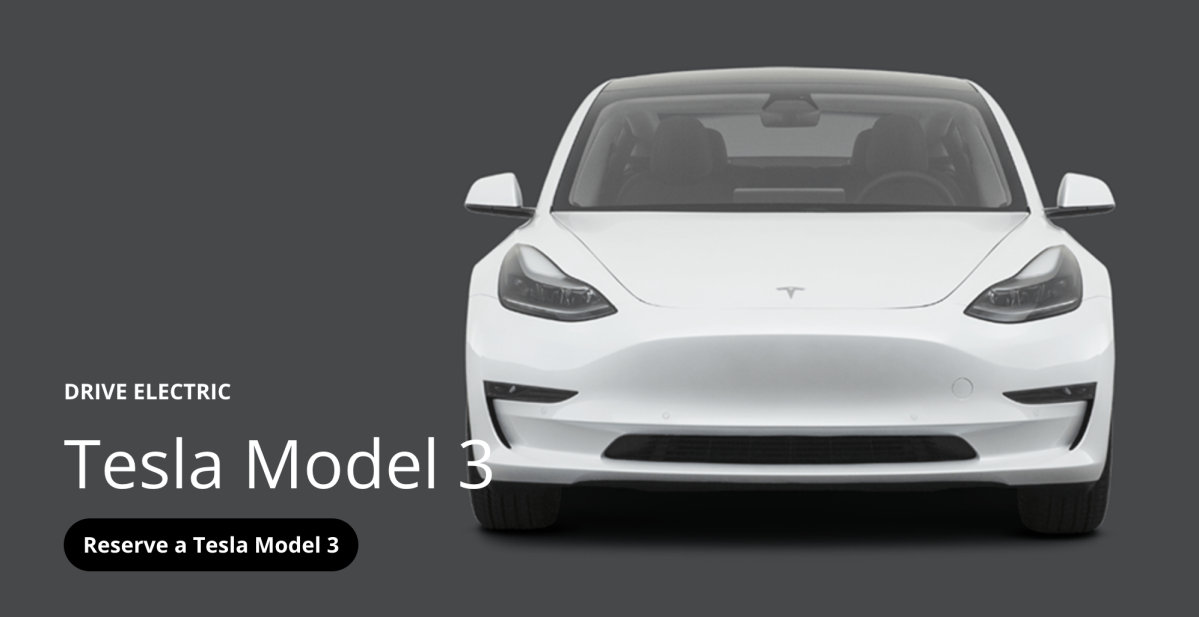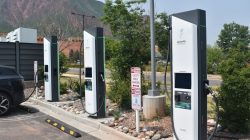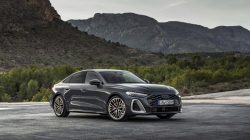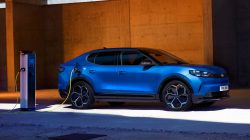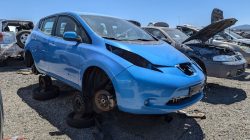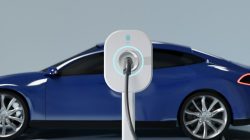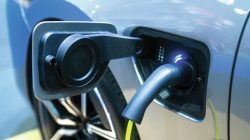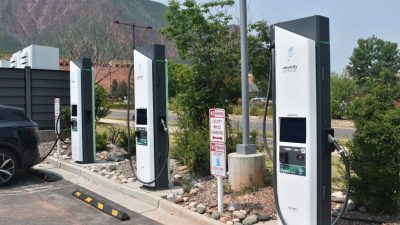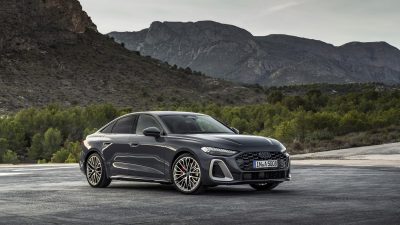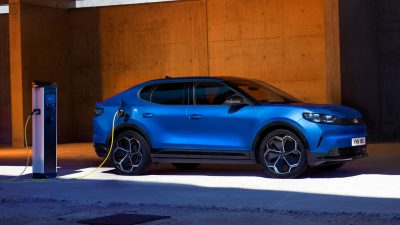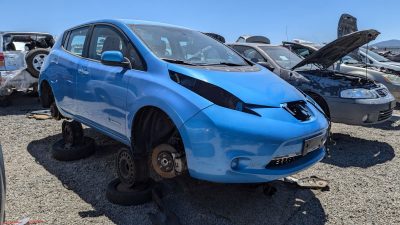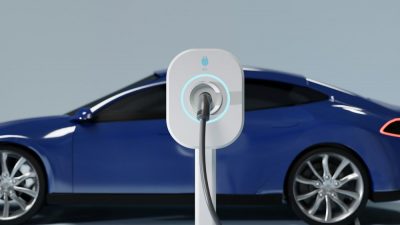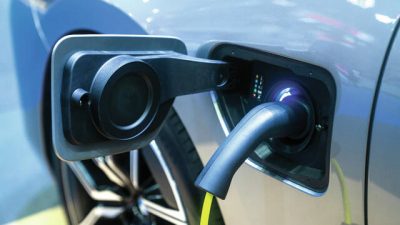Hertz CEO Stephen Scherr Steps Down After EV Misadventure
Stephen Scherr, CEO of Hertz, is stepping down after the company’s disastrous experience with electric vehicles (EVs). He will be replaced by Gil West, the former COO of GM’s robotaxi Cruise division. The decision comes after Hertz announced plans to purchase 100,000 Tesla EVs as part of its transformation into a mobility company. Unfortunately, things did not go as planned, leading to significant financial losses for the company.
Hertz’s EV Bet Gone Wrong
Despite the initial excitement around Hertz’s plan to purchase Tesla EVs, the company soon faced challenges. Tesla’s decision to drastically cut prices on its Model 3 and Model Y EVs negatively impacted the resale values of Hertz’s fleet. In addition, the high cost of repairs for Tesla vehicles and their lack of popularity among renters further compounded the issue. As a result, Hertz was forced to sell off 20,000 EVs, resulting in a $245 million charge and its largest quarterly loss since the pandemic.
Industry-wide Shift Away from EVs
Hertz is not the only rental car company facing challenges with EVs. Other firms, such as Germany’s Sixt, have also recently decided to ditch their entire EV fleets. This trend suggests that the rental car industry is experiencing difficulties with integrating EVs into their operations. The high costs associated with maintaining and repairing EVs, coupled with challenges related to customer demand, are key factors driving this shift away from electric vehicles.
New Leadership with a Checkered Past
Gil West, the incoming CEO of Hertz and former COO of GM’s Cruise division, brings a mixed track record to the table. West was one of nine Cruise executives dismissed following an incident involving a pedestrian being dragged by a Cruise vehicle. Authorities accused the company of withholding a video that purportedly showed the victim underneath its vehicle. Despite this controversial background, West will now be leading Hertz as it navigates the aftermath of its failed EV initiative.
Lessons Learned from Hertz’s EV Misstep
Hertz’s experience with EVs serves as a cautionary tale for companies looking to incorporate electric vehicles into their operations. The challenges faced by the company, such as declining resale values and high repair costs, highlight the complexities of transitioning to an EV-centric business model. Moving forward, industry players must carefully assess the viability of EVs within their fleets and consider the potential risks and rewards associated with electrification.
Shifting Strategies in the Mobility Sector
The rise and fall of Hertz’s EV initiative underscore the rapidly evolving landscape of the mobility sector. As companies seek to capitalize on emerging technologies and changing consumer preferences, strategic agility and adaptability are essential. The ability to pivot quickly in response to market dynamics and industry trends will be crucial for companies looking to stay competitive in the ever-changing mobility landscape.
Balanced Approach to Innovation and Risk Management
While innovation and technological advancement are key drivers of growth in the mobility sector, companies must also balance these aspirations with effective risk management. Hertz’s misadventure with EVs highlights the importance of carefully weighing the potential risks and rewards of new initiatives. By taking a measured approach to innovation and integrating risk management practices into their decision-making processes, companies can mitigate the chances of costly missteps.
Closing Thoughts
In conclusion, Hertz’s experience with EVs and the subsequent leadership changes underscore the challenges and opportunities facing companies in the mobility sector. As the industry continues to evolve, companies must remain vigilant in assessing the viability of new technologies and business models. By learning from the lessons of Hertz’s misstep and adopting a strategic approach to innovation and risk management, companies can position themselves for success in the dynamic and competitive mobility landscape.
Pertanyaan Umum
1. Siapa yang menggantikan Stephen Scherr sebagai CEO Hertz setelah kegagalan dengan EVs?
Gil West, mantan COO divisi robotaxi Cruise GM.
2. Berapa jumlah Tesla EVs yang dibeli oleh Hertz setelah keluar dari kebangkrutan pada tahun 2020?
Hertz membeli 100.000 Tesla EVs.
3. Mengapa Hertz mulai menjual kembali 20.000 EVs dari total armada mobil listriknya?
Hertz mengalami kerugian besar karena harga Tesla Model 3 dan Model Y dipangkas drastis, harga perbaikan yang mahal, dan kurang diminati oleh penyewa.
4. Mengapa Gil West, CEO Hertz yang baru, dipecat dari Cruise sebelumnya?
Gil West dan delapan eksekutif Cruise lainnya dipecat setelah insiden di mana seorang pejalan kaki tersangkut di bawah kendaraan Cruise setelah ditabrak mobil lain.
5. Apa yang menyebabkan Hertz mengalami kerugian kuartalan terbesarnya sejak pandemi?
Hertz mengalami kerugian besar setelah menjual kembali 20.000 EVs, mengakibatkan kerugian sebesar $245 juta.

Ringkasan
Setelah kegagalan Hertz dengan mobil listrik, CEO Stephen Scherr akan mundur dan digantikan oleh mantan COO divisi robotaxi Cruise GM, Gil West. Setahun setelah keluar dari kebangkrutan, Hertz memesan 100.000 Tesla EV untuk mengubah bisnis penyewaan mobilnya menjadi perusahaan mobilitas yang memimpin di Amerika Utara. Namun, setelah harga Tesla turun drastis dan alasan lain, Hertz akhirnya harus menjual 20.000 EV dan mengalami kerugian kuartal terbesar sejak pandemi.
Bagaimana pendapat Anda tentang perubahan CEO di Hertz dan keputusan perusahaan untuk mengadopsi mobil listrik dalam bisnisnya? Apakah Anda percaya bahwa mobil listrik adalah masa depan transportasi, ataukah masih ada banyak hambatan yang perlu diatasi? Yuk bagikan pendapat dan diskusi Anda di kolom komentar!
Sumber berita silahkan Cek di sini Source link . jangan lupa baca berita/artikel terkait melalui link di bawah. dan silahkan cek artikel otomotif dari otomotif.autos sekarang di : artikel otomotif
